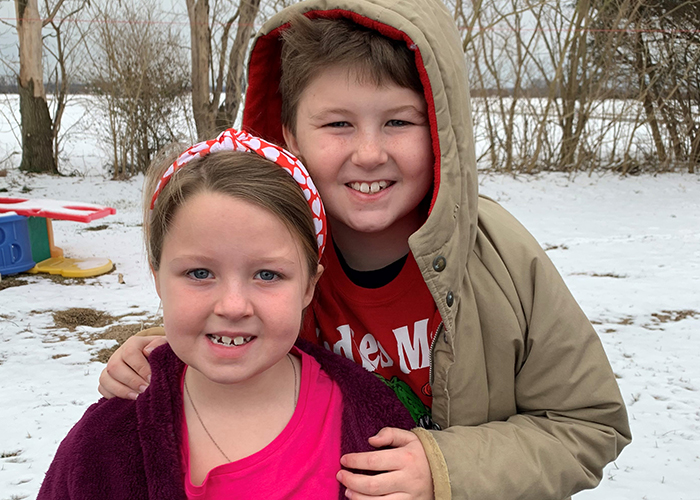Navigating our Health: Five Things to Know about the Human Papillomavirus (HPV) and the HPV Vaccine
I often get a lot of questions from friends and family as to “what I think about the HPV vaccine”. Vaccines in general get a lot of attention by news and media outlets, but the HPV vaccine seems to get even more likely related to the type of virus it is used to prevent.
Here are Five Things to Know about HPV and the vaccine:
- HPV or the Human Pappillomavirus is an infection that is spread through sexual contact with an infected person. This virus can be spread by having vaginal, anal, or even oral sex with an infected person. It can even be passed when the person with the virus has no signs or symptoms. HPV is the most common sexually transmitted infection. According to the CDC, over 79 million Americans are infected with the virus.
- HPV can lead to Genital Warts and Cancer. In most cases, HPV infection does not cause any health problems and actually goes away on its own without any treatment. But, in other cases it can have long lasting health effects. HPV can cause many types of cancer including cancer of the cervix, vulva, vagina, penis, anus, and various types of throat and neck cancers. There is no way to know which people with HPV will develop cancer or other health problems. We do see people with weakened immune systems as more at risk to develop problems from the virus.
- You can reduce your risk of developing cancer caused by HPV by getting vaccinated: The Centers for Disease Control (CDC) recommends the vaccine be given in two doses to ALL 11-12 year olds. This includes both males and females. The vaccine series can be started as early as 9 years old and is recommended through age 26. Prior to 2018, the vaccine was given in three doses, but now is recommended as two doses if started before age 15. Children 15 and older should still receive the 3 doses. The two dose series should be given at least 6 months apart and completed within 12 months. As of October of this year, the FDA has approved Gardasil 9 to expand its use in women and men ages 27-45.
- The current HPV vaccine that is being used is known as Gardasil 9 and protects against nine types of HPV, including seven cancer-causing HPV types and two that cause genital warts. This vaccine is produced by Merck. Although the CDC does not specify which HPV vaccine to receive, Merck is no longer marketing its former quadrivalent Gardasil vaccine, which protected against four types of HPV. And GlaxoSmithKline, who manufactures Cervarix, which protects against two high risk HPV types, announced in October 2016, they will no longer sell its vaccine in the United States.
- The most common side effects of the HPV vaccine are mild and include:
- Pain, redness, and swelling at injections site
- Fever
- Headache or feeling tired
- Nausea
- Muscle or joint pain
- Occasional episodes of fainting immediately following vaccination
The side effects and safety of this vaccine are monitored by the CDC and FDA. As with any vaccines or medications, it is possible a person can be allergic to an ingredient in the vaccine leading to an anaphylactic reaction following a vaccine. This can be life threatening, but is very rare. The benefits and the risks must be weighed for any person receiving a vaccine. Individuals with severe allergies to any components of the vaccine should not receive it, according to the CDC.
Whether or not to vaccinate your children against HPV is a personal choice. There are many factors a parent must consider. The American Cancer Society, Center for Disease Control (CDC), and The American Academy of Pediatrics all recommend the HPV vaccine. Do your research and make the best educated decision for you and your child. Many parents are hesitant to vaccinate their young child against a vaccine that is spread through sexual contact. They want to wait until their child is sexually active. While I do understand this point of view, it is important for your child to become vaccinated before ANY exposure to HPV to reduce cancer risk. You may not be aware of when your child will become sexually active. As much as “us” as parents hope it is MANY years down the road…. The reality is according to a Youth Risk Assessment Survey conducted in 2015, 3.9% of students reported having their first sexual encounter before the age of 13, 30% of high school students admitted to having sex in the past three months, and 11.5% of high students reported having 4 or more sexual partners. Although these statistics are frightening to a mom of a seven-year-old girl and five-year-old boy, they are the reality. Once again, vaccination against HPV is a personal choice. Do your research, talk to your pediatrician or family provider, and make the best decision for you and your child.



